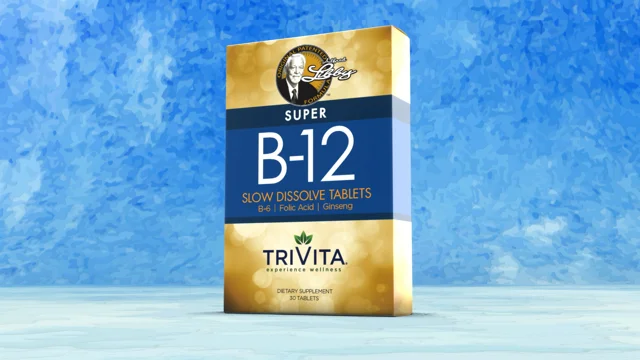You may be surprised to know that stress is actually essential to brain health. Neuroscientists have discovered that, in order to learn, we need a certain amount of short-term tolerable stress to stay sharp and grow our brains. But too much stress can be, well, too much.
In the brain, moderate, occasional stress promotes new cell generation. That’s why the enjoyable stress of modest physical exercise benefits our brains. A certain amount of stress can actually improve your short-term memory. Stress in moderation is also conducive to overall health. For example, your immune system needs a form of stress to help it stay on guard to protect against infectious micro-organisms and cancer.
The basic stress response, fight or flight, is genetic. If it runs amok, however, or is turned on chronically, stress can damage memory formation and weaken the immune system.
Stress damages memories, judgment
High, chronic stress levels are unhealthy and have been shown to impair memory and judgment. Chronic stress involves too much of the stress hormone cortisol circulating in the blood. One result is impaired production of brain growth factors, protein molecules that stimulate the growth of nerve cells and their cable-like connections with other brain cells.
Too much stress also affects the prefrontal cortex of the frontal lobes, the “executive center” of the brain. No wonder bad decisions at work or in our personal lives correlate with too much stress.
In short, chronic stress is a brain wrecker. It can also contribute to increased risk of heart attacks, high blood pressure, cancer and intestinal problems such as irritable bowel syndrome and ulcers.
“Stress proneness,” memory and Alzheimer’s
Dr. Robert Wilson and his colleagues in Chicago at the Rush Alzheimer’s Disease Center and Institute for Healthy Aging use stress proneness – a person’s tendency to suffer psychological distress in response to negative emotional events in life – in their research. Their study of about 800 75-year-olds found that stress-prone women were more likely than others to have impaired memory for real-life events.
Over the study’s period of almost 5 years, 140 participants were diagnosed with Alzheimer’s disease. Those who had high-stress proneness had twice the risk of developing Alzheimer’s than those with low-stress proneness or hardiness personalities.
What’s stressing you out? Is it mortgage troubles, pressure on the job, a bumpy relationship? The unending nature of human stress, if not managed in a healthy way, is what can damage our bodies and brains.
Make stress work for you.
Take stock of the daily events that give you stress, and find a stress-management technique (exercise, meditation, counseling), that best suits your individual needs and personality, coping style and severity of your stress.
Managing the Stress in Your Life:
4-Step Guide
- First and foremost, listen to your body. Frequent nervous-stomach sensations, recurrent tension headaches, muscle tension, and soreness, especially in the neck and shoulders, and chronic fatigue can all be symptoms of stress.
- Next, recognize that you are in a stressful situation or that your life has too much chronic stress. Admit that you feel stressed beyond your comfort zone. Each of us has a different threshold for stress and different tolerances. Often your spouse or one of your children will point out that you seem nervous, anxious or stressed. Listen to them.
- Then (and this is usually the most difficult step), adjust your attitude. Give yourself a checkup from the neck up. Listen to your mind, and if it tells you it feels stressed, take it seriously and take steps to be your own healer. If you need help, get it from a spouse, friend, doctor, clergy or other trusted source.
- Finally, take [TVBLOGCOPY]Adaptuit™[/TVBLOGCOPY][MWSBLOGCOPY]Adaptuit[/MWSBLOGCOPY] daily. Adaptuit helps promote stress relief and well-being. Just 1 to 3 ounces a day will leave you feeling calm and relaxed.
(Adapted from The Brain Training Revolution: A Proven Workout for Healthy Brain Aging. Paul E. Bendheim, M.D., published by Sourcebooks.)
Paul E. Bendheim, M.D. is a board-certified neurologist and founder and chief medical officer of BrainSavers, an organization devoted to healthy brain aging.










